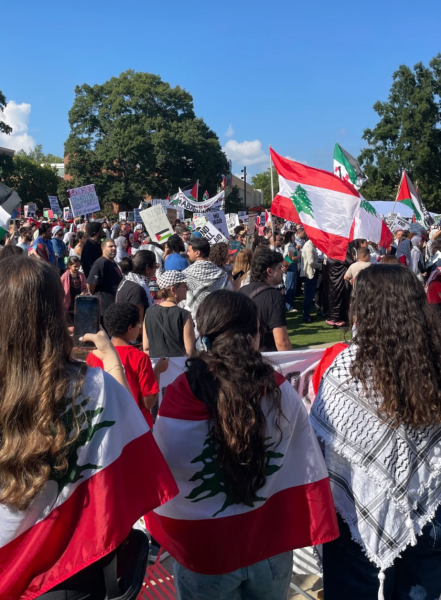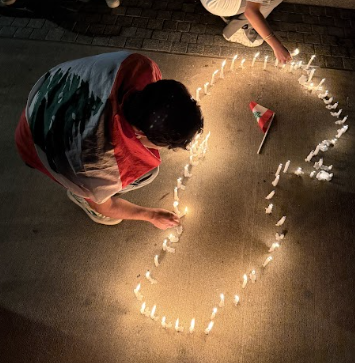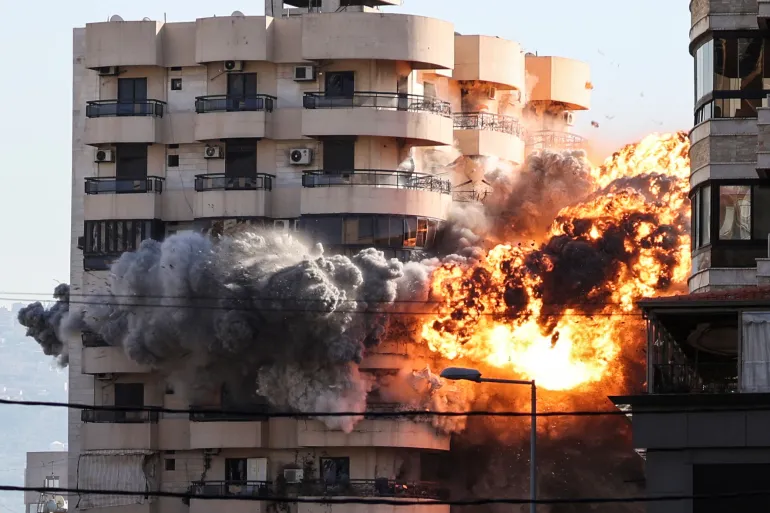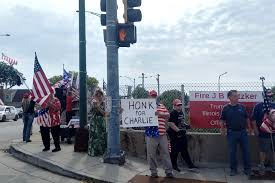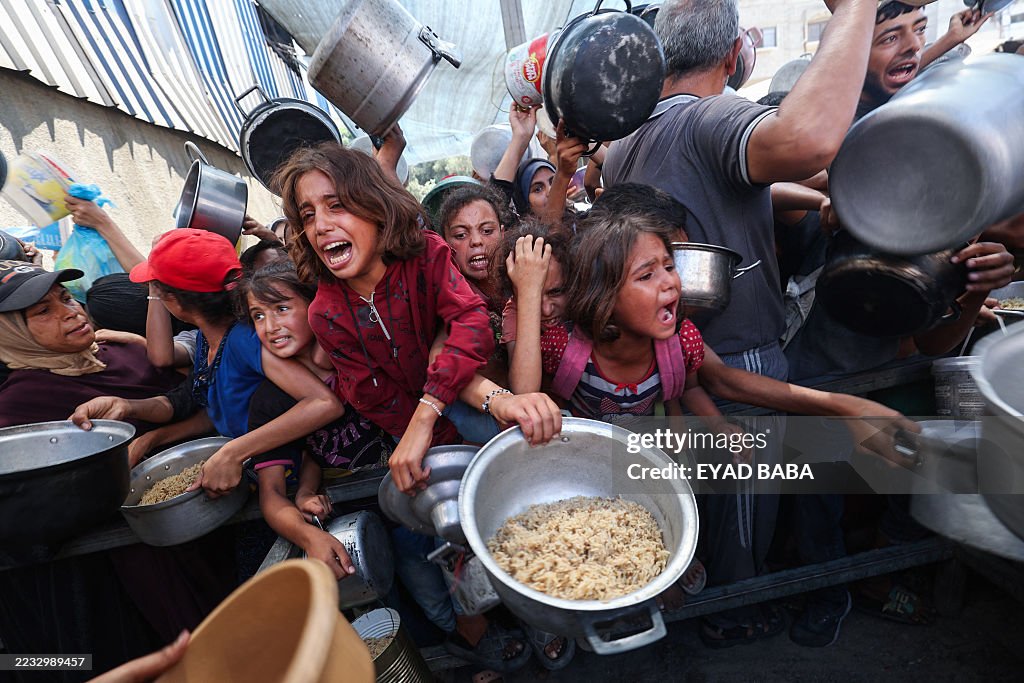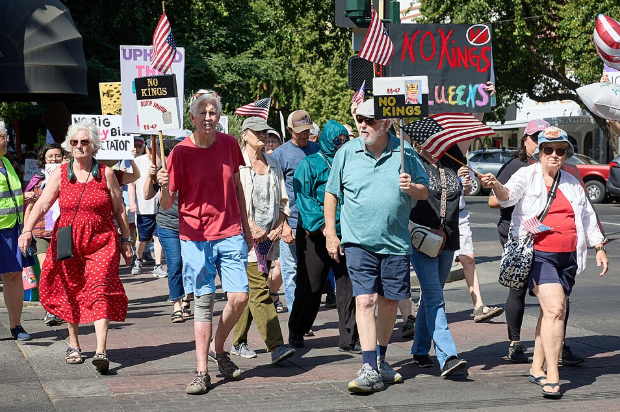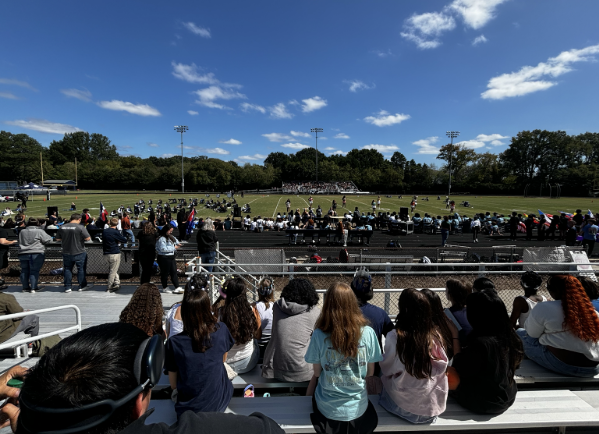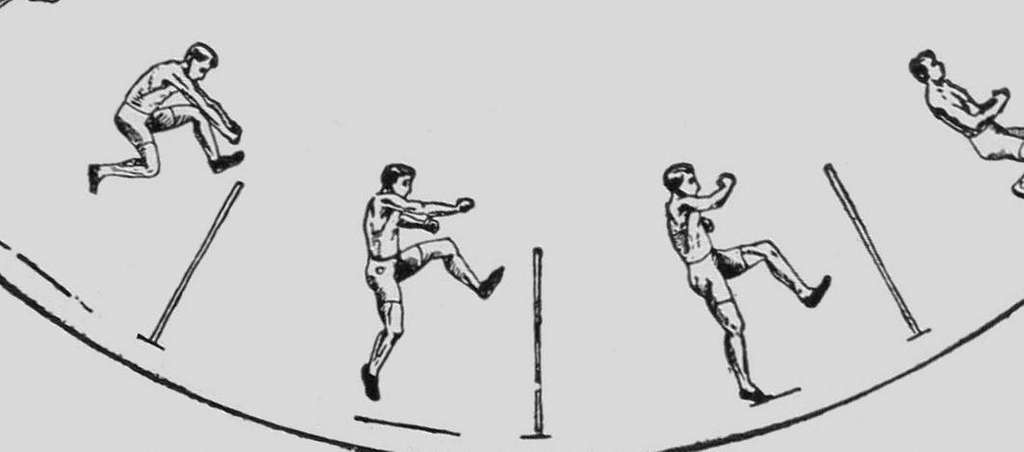On September 17, thousands of walkie-talkies and pagers exploded across Lebanon and parts of Syria, killing 39 people, many of them civilian bystanders, and injuring thousands according to Lebanese health authorities. Benjamin Netanyahu, the prime minister of Israel, has now admitted that he approved the operation. Netanyahu stated at a cabinet meeting that “the pager operation and the elimination of (Hezbollah leader Hassan) Nasrallah were carried out despite the opposition of senior officials in the defense establishment and those responsible for them in the political echelon.”
The attack blindsided the group, who had chosen to use analogue technologies to avoid Israeli infiltration. This meant that these pagers were typically placed in easily accessible places as replacements for their phones. However, these pagers came with a deadly consequence: Pagers left at home exploded in the presence of children, while others caused the loss of their carriers’ hands, limbs, ears, and eyes.
Israel used explosives hidden inside pager batteries imported into Lebanon to carry out their device attack against Hezbollah. High-ranking Lebanese security officials said the technology was so advanced that it was virtually undetectable.
Maria Harb, Communications Chair of the Triangle Lebanese-American Center (TLAC) in Raleigh, described the attacks on Lebanon to the Cat Talk: “Daily explosions. Bomb threats. Sonic booms. Land invasions. There are a lot of things I could say about the war in Lebanon in hopes that one of these things would resonate with people…”
“This is not a war the Lebanese asked for, that the loss of life and displacement of peoples is devastating, that the schools and universities shutting down disrupts the education of an entire generation of students, that Lebanon was already in an economic and political crisis and this has sent it over the edge, that the destruction of homes, work spaces, heritage sites, and entire villages has severely damaged Lebanese infrastructure, that the consequences of this war will impact the Lebanese for years to come.”
Around 3:30 PM local time on Tuesday, September 17, the first round of explosions started in Beirut, the capital of Lebanon, and various other parts of the country. Witnesses reported seeing smoke coming from people’s pockets, before seeing small explosions that sounded like fireworks and gunshots. The New York Times said that the pagers received messages that appeared to be coming from Hezbollah’s leadership before detonating. The messages instead appeared to trigger the devices, the outlet reported.
Soon after, witnesses reported widespread confusion in emergency rooms as a large number of people started arriving at hospitals throughout Lebanon. Another round of explosions occurred Wednesday at approximately 5:00 PM local time, with similar scenes occurring across the nation. A 9-year-old girl from the Bekaa Valley of Lebanon named Fatima Abdallah Jaafar was among the dead, having passed away when her father’s pager exploded at their home.
Hezbollah formed in 1982 in response to the Israeli invasion of Lebanon. Hezbollah (the “Party of God”), is a Lebanon-based Shia group with strong ties to Iran. Therefore, we must keep in mind that Hezbollah was founded to counter Israel’s occupation of Lebanon forty years ago, so even though it has weakened since losing its key leaders, it won’t just vanish.
The coordinated attack prompted a major development in the conflict between Israel and the Iran-backed Lebanese group. According to a report released by the Lebanese Environment Minister, Southern Lebanon was the target of the majority of the occupying regime’s raids. As Israel escalates its bombing campaign against the Arab nation in defiance of international calls to halt its killing machine in the region, the report also stated that 13,222 attacks have occurred since the start of its offensive against Lebanon over the previous 13 months.
Currently in Lebanon, there is the sound of explosions and vehicles belonging to displaced Lebanese choking the streets, along with the drones. There are a million displaced, and without enough shelter, some are still sleeping on the streets. According to the Lebanese government, almost 3,400 people have been killed so far in Israeli attacks, and a lot of those are women and children. The World Bank says those attacks have caused about $8 billion in damage, including the cost of several hundred thousand damaged or destroyed homes and 37 towns that were reduced to rubble. The scale of destruction is overwhelming.
In an exclusive interview with 16-year-old Aya Fayyad, a high school student at Universal College of Aley (UCA) located near Lebanon’s capital, she shared with The Cat Talk, “This is a very difficult time, it’s not something us students can easily adapt to. The war has impacted our lives greatly, especially since we’ve been forced to resort back to online school. While it’s comforting to know that everyone is safe at home and can study comfortably, there’s an undeniable guilt that other students aren’t as fortunate. Some of their schools have been destroyed or have been repurposed as a shelter for displaced families.
“Everyday, random sonic boom sounds disrupt our online school calls, but we have no choice but to adjust to these conditions. On the rare days that it is deemed safe enough for us to return to school, our daily view of Lebanon’s horizon would be interrupted by thick clouds of black smoke covering Beirut, Lebanon’s capital.”
Israel declares targeted areas on the platform X, minutes before launching their attacks, usually 15 to 20 areas per post. The Israeli military’s warnings include misleading maps and are issued on short notice – in one case less than 30 minutes before strikes began – in the middle of the night, via social media, when many people are asleep, offline, or not following media reports. Under international humanitarian law, conflict parties have a clear obligation to take all feasible precautions to avoid, or at least minimize, harm to civilians when carrying out attacks, including providing effective advance warning of attacks to civilians in affected areas unless circumstances prevent it. These warnings do not excuse Israel of its international humanitarian law obligations to never target civilians and to take all reasonable steps to minimize harm to them.
Furthermore, instructing residents of entire towns and villages in south Lebanon to evacuate is an overly broad and insufficient warning, raising concerns about whether it is intended to create mass displacement. People who choose to stay at home or are unable to leave because members of their household have limited mobility due to disability, age, or other reasons are still protected under international humanitarian law. Israel must always comply with its international law obligations, including taking all reasonable precautions to protect civilians wherever they are.
In Lebanon, at least 3,452 people have been killed and 14,599 wounded in Israeli attacks since October 2023. Approximately 40 of them were members of the Lebanese Civil Defense. 160 ambulances and 55 hospitals have been targeted directly or indirectly. Meanwhile, Israel says Hezbollah attacks have killed about 100 civilians and soldiers in northern Israel, the Israeli-occupied Golan Heights, and southern Lebanon over the last year.
“But, honestly, it’s excuses that the rest of the world uses to justify these atrocities that really frustrates me. What gives a country the right to destroy the livelihood, infrastructure, and future of another country?” Harb said.
The Lebanese-American community in Raleigh, NC find themselves war-torn and homesick. Attempting to maintain annual traditions and festivals to uphold their culture, while recognizing the devastating ongoing events in their country.
